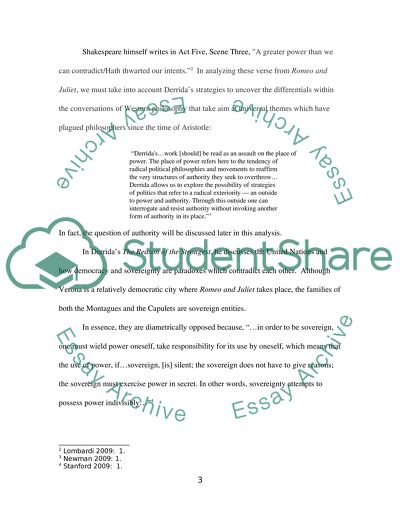Cite this document
(“Power, Knowledge, and Authority in Romeo and Juliet Book Report/Review”, n.d.)
Power, Knowledge, and Authority in Romeo and Juliet Book Report/Review. Retrieved from https://studentshare.org/literature/1515265-power-knowledge-and-authority-in-romeo-and-juliet
Power, Knowledge, and Authority in Romeo and Juliet Book Report/Review. Retrieved from https://studentshare.org/literature/1515265-power-knowledge-and-authority-in-romeo-and-juliet
(Power, Knowledge, and Authority in Romeo and Juliet Book Report/Review)
Power, Knowledge, and Authority in Romeo and Juliet Book Report/Review. https://studentshare.org/literature/1515265-power-knowledge-and-authority-in-romeo-and-juliet.
Power, Knowledge, and Authority in Romeo and Juliet Book Report/Review. https://studentshare.org/literature/1515265-power-knowledge-and-authority-in-romeo-and-juliet.
“Power, Knowledge, and Authority in Romeo and Juliet Book Report/Review”, n.d. https://studentshare.org/literature/1515265-power-knowledge-and-authority-in-romeo-and-juliet.


